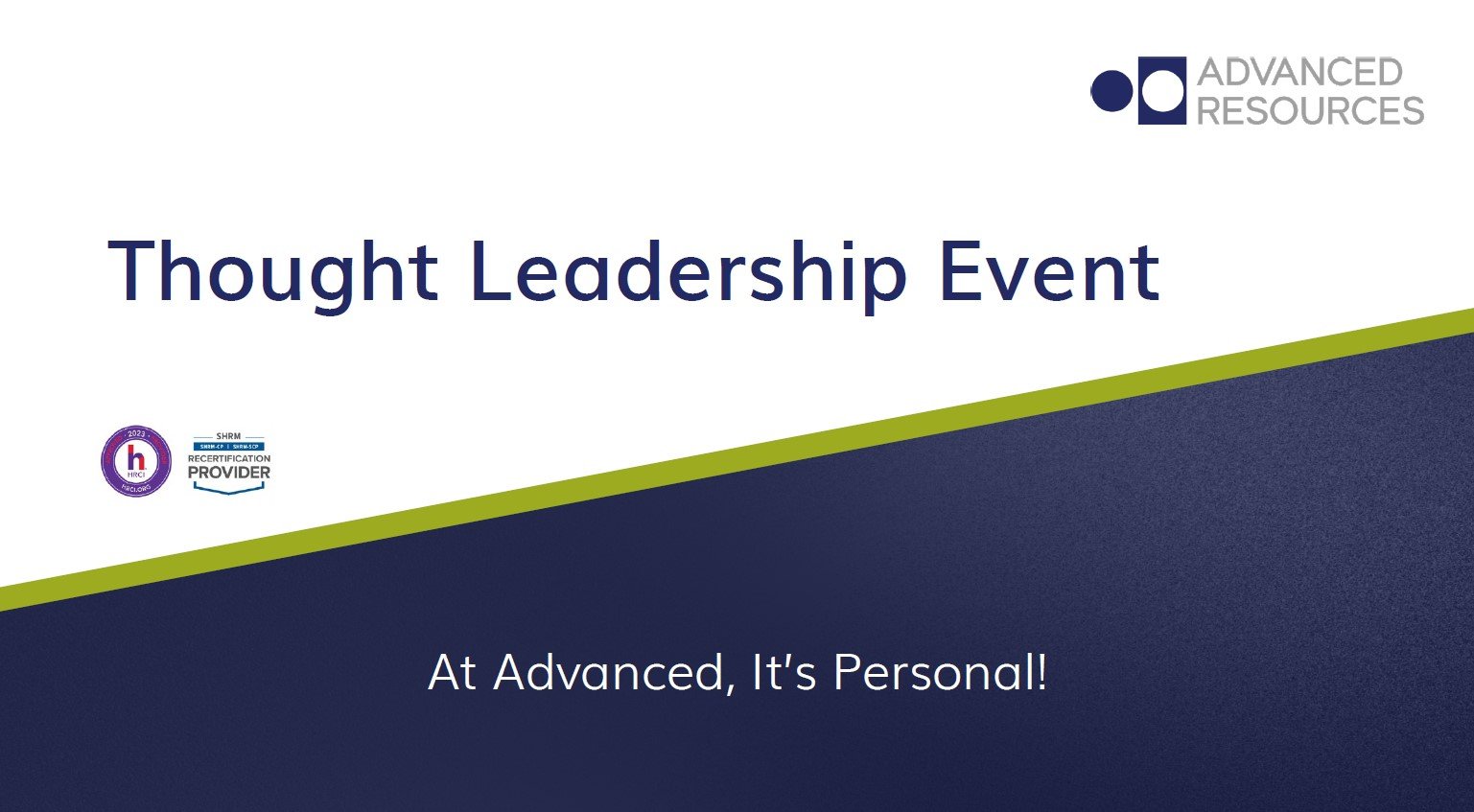A Blueprint for Building High-Performing Teams
Introduction: In the competitive landscape of business, one truth remains constant: the strength of a company lies in its people. Hiring the best...
Continue ReadingTop 5 Strategies to Lead Innovation in Human Resources
In today’s dynamic business environment, innovation in human resources (HR) is essential for an organization to thrive. By adopting strategic...
Continue ReadingTop 10: Process Optimization Fundamentals for Human Resources
In today’s rapidly evolving business landscape, Human Resources (HR) departments face the dual challenge of optimizing processes and managing change...
Continue ReadingNavigating the Future: Embracing AI and Automation in HR and Finance
Introduction: In an era dominated by technological advancements, the impact of AI and automation is reshaping various industries. Human Resources...
Continue ReadingStrategy for HR Success in 2024: A Guide for HR Professionals
As HR professionals, gearing up for the upcoming years involves not just planning but also anticipating the evolving landscape of human resources....
Continue ReadingSupporting Employees During the Holiday Season: A Leader's Guide
The holiday season brings joy, celebration, and a sense of togetherness. Yet, for many employees, it can also be a time of increased stress,...
Continue Reading






